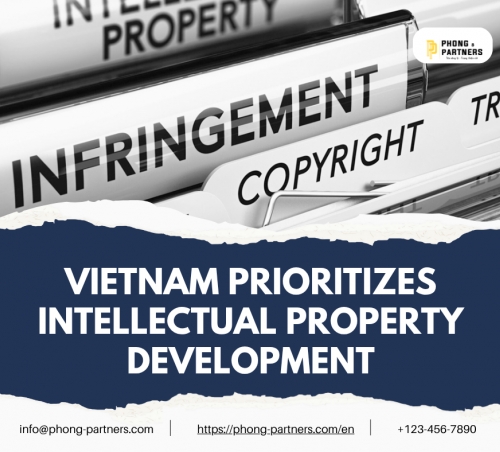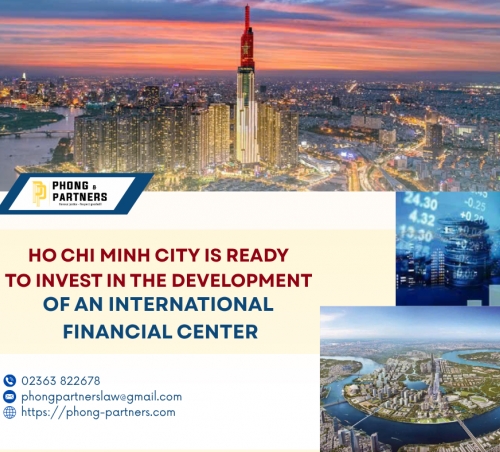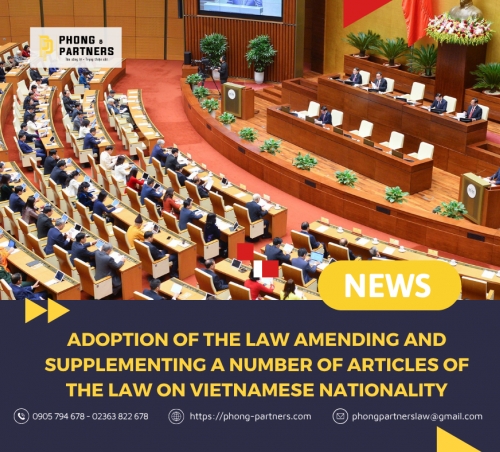The Da Nang Free Trade Zone, covering an area of up to 1,881 hectares, is developed across seven non-contiguous locations, with each area designated for different functions, ranging from manufacturing to logistics, commerce, services, high-tech industry, innovation, and information technology. This is an entirely new model, combining traditional industries with high-tech sectors, facilitating this city to become a strategic economic development hub for both Central region and the entire country.
To gain a better understanding of the plan and implementation steps of this trade zone, a VietnamPlus reporter had a conversation with Mr. Vu Quang Hung, Head of the Management Board of Da Nang High-Tech Park and Industrial Zones.
Reporter: Sir, the establishment of the Da Nang Free Trade Zone marks a major milestone for the city. Could you clearly share the core differences between this trade zone and the current models of economic zones and export processing zones in Vietnam?
Mr. Vu Quang Hung: The Da Nang Free Trade Zone is not only an economic zone, but also represents an entirely new development model. Its first key distinction is its superior strategic vision.
Unlike traditional economic zones, the Da Nang Free Trade Zone is designed not only as a center for manufacturing and exports, but also a regional economic hub, serving as a strategic growth pole for Central Vietnam and the nation. The long-term goal is to position Da Nang as a vital link in the global supply chain network, closely integrated with Lien Chieu Port and Da Nang International Airport.
Mr. Vu Quang Hung: The Da Nang Free Trade Zone will be developed with special mechanisms and preferential policies to create favorable conditions for investors. One of the most key highlights is a flexible legal framework, which enables us to design and pilot innovative policies that go beyond what current economic zone models allow.
1. Multifunctional Economic Model
Reporter: The Da Nang Free Trade Zone focuses on developing high-tech industries such as artificial intelligence (AI), semiconductors, blockchain, and big data. Could you share more about how the zone will foster the growth of these sectors?
Mr. Vu Quang Hung: That's right. The Da Nang Free Trade Zone will prioritize the development of high-tech and innovation-driven industries. Sectors such as artificial intelligence (AI), semiconductors, big data, and blockchain will play a vital role in generating high added value.
The development of these fields will not only transform the free trade zone into a technology hub but also attract cutting-edge businesses, research and development (R&D) centers, and creative start-ups from around the world.
2. Attracting Multinational Investment
Reporter: With geographical advantages, could you share the opportunities and challenges Da Nang may face in implementing the free trade zone?
Mr. Vu Quang Hung: Da Nang's strategic location which at the end of the East-West Economic Corridor, is a crucial factor.
The Da Nang Free Trade Zone will serve as a catalyst for development, not only as a hub for international cargo transit. Da Nang's large-scale investments in seaports and airports in recent years clearly demonstrate the city's readiness and serious commitment to explore this strategic advantage.
From policies to infrastructure, this represents a significant opportunity granted by the central government to the city.
This exceptional opportunity also brings significant difficulties, challenges, and pressures for the entire political system of Da Nang, as it takes on the role of a "pioneer".
- For the Management Board in particular, the immediate challenge is the implementation of planning and land clearance. With an area of nearly 1,900 hectares, we must ensure that the planning process is conducted methodically, scientifically, and quickly.
- The second challenge is to develop synchronized infrastructure, especially technical and digital infrastructure to support high-tech industries.
3. Da Nang steps onto the Global Economic Map
Reporter: How has Da Nang prepared itself for the implementation of this free trade zone?
Mr. Vu Quang Hung: We cannot welcome "eagles" without an available "nest" that is large enough, high enough, and fully equipped.
Therefore, from the beginning, Da Nang has not only been ambitious but has demonstrated strong action. The entire city apparatus has worked tirelessly, day and night, regularly engaging with central ministries and agencies to coordinate, listen, amend, and contribute ideas to complete the Da Nang Free Trade Zone Project. And recently, the Prime Minister’s decision to establish the Da Nang Free Trade Zone serves as clear evidence of the city’s determination. This also provides a crucial legal foundation for the zone and marks a strategic milestone in attracting investment.
Thanks to the Management Board of Da Nang High-Tech Park and Industrial Parks, Da Nang also has gained valuable experience in managing industrial parks, high-tech zones, and centralized information technology zones. We are also actively researching and formulating new mechanisms and policies to ensure that all administrative procedures are streamlined and optimized, creating the most favorable conditions for investors.
The Da Nang Free Trade Zone is not only a breakthrough in the city’s development strategy, but also a major opportunity for Da Nang to assert its position on the global economic map.
The merger of Da Nang and Quang Nam, effective from August 30, 2025, and official operation as of July 1, 2025 will continue to be a lever for Da Nang Free Trade Zone to fully exploit the potential of this special economic model. This reflects the strategic vision of the Party and the State in preparing the “new” Da Nang for its rise toward the open seas, becoming one of the major economic centers on the regional and global economic map.
4. 7 Planned locations of the Da Nang Free Trade Zone
- Locations 1 and 2 are situated in Hoa Hiep Bac Ward (after July 1, 2025, it was merged and renamed Hai Van Ward), covering approximately 177 hectares, adjacent to the foot of Hai Van Pass, the Cu De River, and the Lien Chieu Industrial Zone.
- Location 3, covering about 500 hectares, stretches from Hoa Hiep Bac Ward (Hai Van Ward) to Hoa Lien Commune (after July 1, 2025, it was merged and renamed Lien Chieu Ward), bordered by the Southern Hai Van Bypass and the Cu De River.
- Location 4, located in Hoa Ninh Commune (after July 1, 2025, it was merged and renamed Ba Na Commune), spans around 559 hectares, bordered by the Western Ring Road, DT602 Provincial Road, and the Dong Son and Son Phuoc hamlets.
- Location 5, approximately 90 hectares, and Location 6, around 154 hectares, are located in Hoa Ninh and Hoa Nhon Communes (merging into Ba Na Commune), bordered by production forest areas, natural streams, and residential zones.
- Location 7, with an area of approximately 401 hectares, is situated in Hoa Phu Commune (merged and renamed Hoa Phu commune) and Hoa Nhon commune (merged and renamed Ba Na commune), bordered by the expansion area of Ba Na Golf and the Dieu Phong, Dong Lam, Hoa Hai, and Phu Tuc hamlets.















